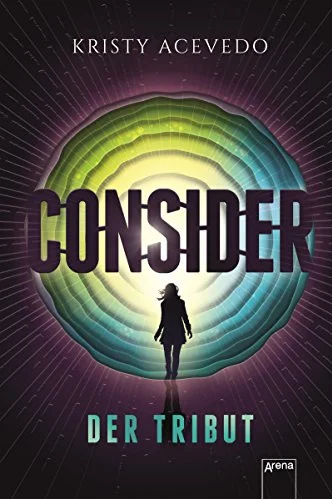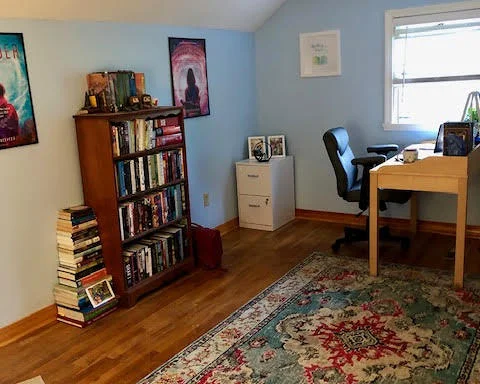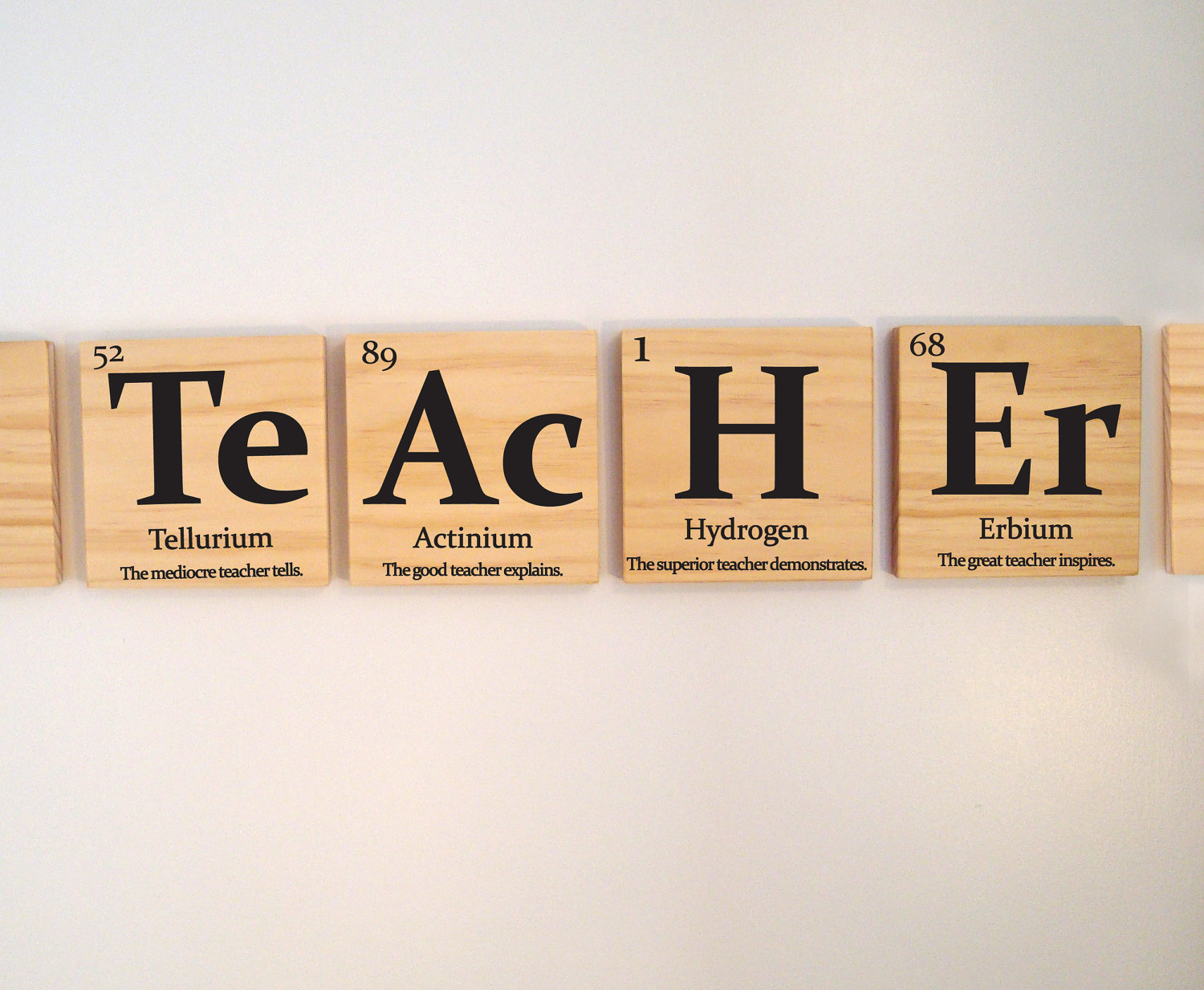1. A teacher's workday must have an end, and you must draw that clear boundary line. Say that mantra to yourself every freaking day. Does it make you tear up a little with stress relief? You cannot work on lesson plans, grading papers, emailing parents, filling out administrative paperwork, etc. throughout the day and into the deep recesses of the night. It isn't human, and you will become a worse teacher, not a better teacher, for it.
Give yourself a mental clocking out time. Draw a boundary line based on your time, not tasks remaining. Either go to school early or stay late, but don't do both. I shut off my teacher brain at 6 pm the latest no matter what. I often go for a walk after my teaching day ends to clear my head and transition to home.At least twice a month, I preserve one day off from teaching, writing, and social media that I call a "me" day to just be. It helps me recharge fully since writing and social media also have no clear end times.
2. Sunday nights are for recharging, not for grading or writing. I learned this one the hard way. I used to cram in extra grading and writing on Sunday nights, but then I paid for it all week. If you stay up late on a Sunday night doing work, your internal stress levels never get a chance to rest and reset for the next week. Sunday nights should be for relaxing and recharging. Read for pleasure. Spend time with family. Remember what's important to you.
3. Set aside a dedicated day and time for your writing, probably either one hour before teaching or one hour in the evening. Or dedicate two hours every Saturday and Sunday to write. Most people can write between 500-1000 words in an hour. So minimum, in less than a year, you'd write the rough draft of a novel.I write 500 words, or for one hour (whichever comes first) at night during the school year. I take a week off writing when grades are due for report cards. I originally started the Twitter Writing Challenge group to keep me accountable and motivated, although I haven't been as active with them since I found that posting a public, daily word count when an editor/agent is waiting for my work is way too much pressure for me. I know many writers with busy day jobs who joined the #5amWritersClub on Twitter for motivation.
You might be thinking, "But I'm so tired. Teaching wipes me out." Yup. Do you know you are at your most creative when you are exhausted because your critical brain is too tired to argue against your ideas? Teachers should be primed for creative things since we're so damn tired!
(Heads up, though: If you are a new teacher, please give yourself a few years before adding professional writing goals to the mix. Your first three years of teaching are vital to learn how to be an effective teacher long-term, and you need to focus all your energy to building those skills first so you can rely on them later. I've been teaching for almost twenty years, and it still isn't easy to manage both.)
4. Keep a written record of your progress for tangible accountability. It's too easy to put off writing and not see the negative, cumulative effect it's having on your goals. I use Pacemaker to set private, daily word count goals and full draft deadlines. It adjusts when I don't write and recalculates an end goal (much like an amortization calculator for debt.) It's highly encouraging to me to see my progress and failure in real numbers.I also stay accountable through my local critique group meetings once a month. If you are serious about writing, you need a trusted audience of people willing to read early pages and give you honest feedback while you return the favor. If you are writing for children and teens, SCBWI has great resources for finding an open critique group by region. That's how I found my group. I also know some writers who use Critique Circle online.
5. Start a bullet journal. You need a good calendar system for school, family, and writing deadlines and goals. The best thing I ever did was start a bullet journal at the advice of a writer friend when I published my first book. I couldn't manage all the details for different tasks and deadlines. If you find you have lists and sticky notes everywhere, it's time for a bullet journal.It's a way to organize lists, notes, and deadlines without losing anything. It's gets the daily and future clutter out of your head. It's better than a calendar or agenda because you create it as you go, and it expands with all the aspects of your life. The key is the table of contents (or index) you build for quick access later. I'm telling you, it's cathartic not to have to remember everything anymore. Some people get fancy with their journals, but I am not artistic, and I really don't have the time. I have one bullet journal for tracking my teaching, writing, and family long-term commitments and daily to-do lists, and other random ideas that pop into my head. It handles it all. There are a ton of videos out there, but here's a basic video to get started
.6. Delegate, then let it go. One problem teachers have by profession is we are oh so helpful... so bloody helpful and accommodating that we often take on too many tasks out of kindness to others while not paying attention to our needs.Are there tasks that aren't worth your writing time that you can let go or pay someone else to do? How many things do you do for other people when they are fully capable of doing it themselves? Are you a parent? Do you still do everyone's laundry even though they are old enough and fully capable?Stop.Will your place be messier? Yes. Let it go. Do you want to write?
You aren't any less of a parent or friend or spouse if you make other people more self-sufficient. You are helping them become stronger, more reliable people who see you respecting your needs and your dreams. My kids are older (age 21 and 13), so this is easier for me than it may be for you if you have young children.The key is not to delegate tasks and then become passive aggressive and micromanage them. The key is to delegate and let things fail. That's the only way others will take on the task themselves, knowing you won't rescue them in the end.
Delegate in your classroom as well. Students want to help you. Give them classroom roles, make them classroom helpers for extra credit. Save energy for important tasks, like instruction, feedback, and grading, and set up processes in your classroom where students help students.
7. You need a number one supporter. You need the emotional support of others to be a writer. Writing is fun, but writing is hard. It requires sacrifice, creative bravery, and personal discipline. You need at least one person in your life who is always rooting for you through the ups and downs. My hubby is absolutely my number one supporter. He has never, ever questioned or complained about my writing time, traveling to book events, or meeting with my monthly critique group. Quite the contrary. He has always known that writing is the absolute one personal thing I need in my life.
8. Use your school vacations and summers for writing marathons. This is prime time writing, where I try to get ahead of my writing schedule. Writing helps recharge my creative batteries. I do not grade papers during vacations since that would suck the life out of me. These vacations are to recharge from the stress of teaching, not time to "catch up" with unrealistic grading practices.
9. Use technology to write and teach. Teachers have a lot of typing to do, and sometimes my hands and wrists get tired. Since I write my novels in scenes, I love using the program Scrivener for rough drafts (it has separate folders for each scene and compiles everything into Word later). I paid for the additional app so I can dictate words into my phone, and it will save to Dropbox and update to Scrivener on my laptop. It's not perfect (it's often confused by my lingering Boston accent), but when I'm exhausted, it's better than typing. Plus, I can use the app on the go, so if I'm waiting for my daughter to get out of practice, I can still work on my novel.
This year I plan to incorporate more technology, peer editing, and verbal feedback on student writing assignments since my class numbers are so high, with mini-lessons to address common issues. I won't put feedback on final drafts, only a score. Also, to the English teachers out there, pep talk: You are not hired to be the personal editor of each student. You are supposed to be teaching them to edit. Those two things are not the same.Remember this: The best teachers stay student-focused, not paperwork-focused.
10. Be aware of your physical body. Be aware of how physical you are during the day when teaching. Since writing is sedentary, you have to manage your physical movement when teaching without wearing yourself thin. If your physical body is exhausted, you will come home and sleep instead of write. I have a joint and muscle pain issue, where I get really sore and stiff if I sit or stand for long, so I have to stay aware and change my physical position every twenty minutes, or I will pay for it later. I alternate as much as possible during the day so my physical exhaustion won't increase my mental exhaustion and stop me from writing at night. I use the body scan on the Calm app for a twenty-minute daily meditation to check in with my body and stress levels. I also go for walks to break up my day. This year I'd like to get back into early morning yoga as well. I love Yoga with Adriene videos.
11. To avoid writer's block, try writing based on your daily emotions. If I have a funny experience teaching, I work on a humorous scene in my novel. If I have a sad experience, it's tear-jerker time. If I have a frustrating day, it's time for a battle scene. This works best if you have a plot outline of scenes to complete.
12. ...or try ending midscene. This really works for me. When I'm writing at night and on a roll, I cut myself off at a time limit, not when I finish a chapter or a scene. I limit myself to one or two hours max, then I end midscene, even midsentence. That way I get enough sleep to function properly, and I'm dying to get back to writing the next night. (See more on my writing process here.)
Do you have any additional tips on balancing teaching and writing? I'd love to hear them.
P.S. I forgot coffee and dark chocolate. Can't survive without those!








